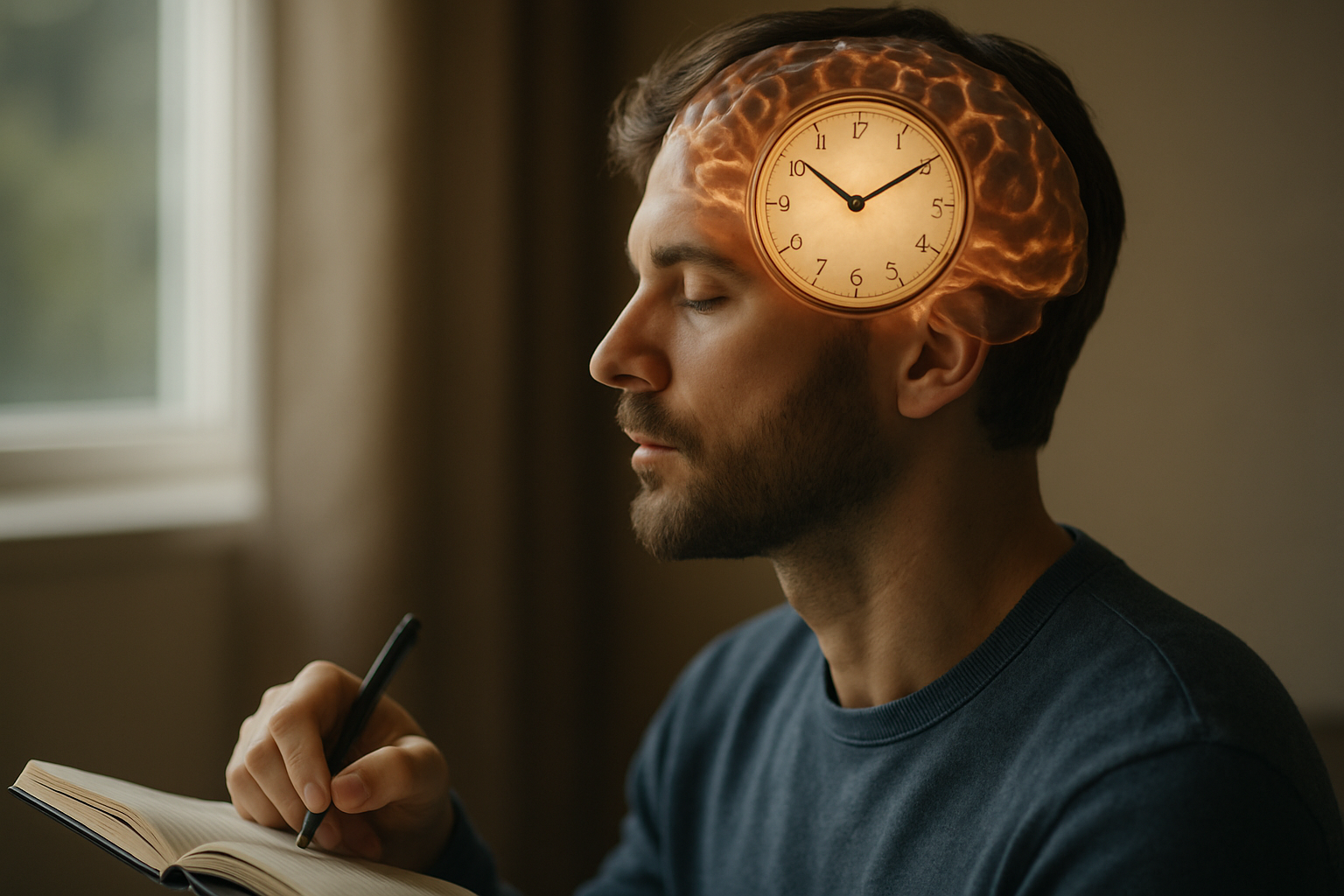What Nutritionists Are Saying About This Plant-Based Brain Drink for Adults Over 40
A trending herbal drink is being talked about for its role in boosting memory, concentration, and focus-particularly in adults over 40. This guide explores what’s inside it, how it might help, and why many are making the switch from supplements to this popular drink.

What ingredients are in this plant-based brain drink?
The plant-based brain drink gaining popularity among adults over 40 typically contains a blend of natural ingredients known for their potential cognitive benefits. Common components include:
-
Bacopa monnieri: An herb traditionally used in Ayurvedic medicine to enhance memory and reduce anxiety.
-
Ginkgo biloba: A tree extract believed to improve blood circulation to the brain and support memory.
-
Lion’s mane mushroom: A fungus that may promote the production of nerve growth factor, potentially supporting brain health.
-
Rhodiola rosea: An adaptogenic herb that may help combat stress and fatigue while improving mental performance.
-
Green tea extract: Rich in antioxidants and L-theanine, which may promote relaxation and focus.
These ingredients are often combined with other brain-friendly nutrients like B-vitamins, omega-3 fatty acids, and antioxidants to create a comprehensive brain health formula.
How might this drink benefit cognitive function in adults over 40?
As we age, cognitive decline becomes a growing concern for many adults. The plant-based brain drink aims to address this by potentially:
-
Enhancing memory and recall abilities
-
Improving focus and concentration
-
Supporting overall brain health and function
-
Reducing mental fatigue and brain fog
-
Promoting better stress management
Nutritionists suggest that the combination of herbs and nutrients in these drinks may work synergistically to support various aspects of brain health. For instance, the antioxidants present may help protect brain cells from oxidative stress, while adaptogens like Rhodiola rosea could help the body better cope with mental and physical stress.
What does scientific research say about these brain-boosting ingredients?
While more research is needed to fully understand the effects of these plant-based brain drinks, some studies have shown promising results for individual ingredients:
-
A review published in the Journal of Alternative and Complementary Medicine found that Bacopa monnieri may improve memory in older adults.
-
Research in the Journal of Alzheimer’s Disease suggested that Ginkgo biloba could have potential benefits for cognitive function and dementia.
-
A small study in the Journal of Medicinal Food indicated that lion’s mane mushroom might improve mild cognitive impairment in older adults.
However, it’s important to note that most studies focus on individual ingredients rather than the specific formulations found in these drinks. More comprehensive research is needed to determine the overall efficacy of these plant-based brain drinks.
Are there any potential side effects or interactions to be aware of?
While plant-based ingredients are often perceived as safe, it’s crucial to be aware of potential side effects and interactions:
-
Some herbs, like Ginkgo biloba, may interact with blood-thinning medications.
-
Green tea extract contains caffeine, which could cause jitters or sleep disturbances in sensitive individuals.
-
Rhodiola rosea might interact with certain antidepressants or affect blood sugar levels.
It’s always recommended to consult with a healthcare professional before adding any new supplement or herbal product to your routine, especially if you have existing health conditions or are taking medications.
How does this plant-based drink compare to traditional brain supplements?
In Canada, the shift towards natural and plant-based products has influenced the brain health market. Many consumers are looking for alternatives to synthetic supplements, preferring whole-food based options. The plant-based brain drink trend aligns with this preference, offering a more holistic approach to cognitive support.
Traditional brain supplements often come in pill or powder form, which some find less appealing or harder to incorporate into their daily routine. The drink format of these new plant-based options makes them more convenient and enjoyable for many users. Additionally, the liquid form may potentially offer better absorption of certain nutrients compared to pill-based supplements.
What are nutritionists saying about the effectiveness and safety?
Nutritionists and health experts have varying opinions on the effectiveness of plant-based brain drinks for adults over 40:
-
Many appreciate the natural approach and the potential synergistic effects of combining multiple brain-supporting ingredients.
-
Some caution against viewing these drinks as a magic solution, emphasizing the importance of a balanced diet, regular exercise, and quality sleep for optimal brain health.
-
There’s a consensus that while these drinks may offer benefits, they should complement, not replace, a healthy lifestyle.
-
Experts stress the need for more long-term studies to fully understand the impacts of regular consumption of these brain drinks.
| Product Name | Key Ingredients | Estimated Cost (30-day supply) |
|---|---|---|
| BrainBoost Elixir | Bacopa, Ginkgo, Lion’s Mane | $49.99 - $59.99 |
| NeuroNectar | Rhodiola, Green Tea, Omega-3 | $39.99 - $49.99 |
| MindMist | Bacopa, Rhodiola, B-vitamins | $44.99 - $54.99 |
| CogniClear | Ginkgo, Lion’s Mane, Antioxidants | $54.99 - $64.99 |
Prices, rates, or cost estimates mentioned in this article are based on the latest available information but may change over time. Independent research is advised before making financial decisions.
In conclusion, plant-based brain drinks for adults over 40 are garnering attention for their potential cognitive benefits. While they offer a natural and convenient approach to supporting brain health, it’s essential to approach them with a balanced perspective. As with any supplement, these drinks should be part of a comprehensive approach to health that includes proper nutrition, regular exercise, and adequate sleep. While early feedback and some studies show promise, more research is needed to fully understand their long-term effects and benefits.
This article is for informational purposes only and should not be considered medical advice. Please consult a qualified healthcare professional for personalized guidance and treatment.




